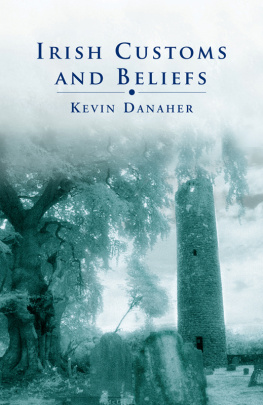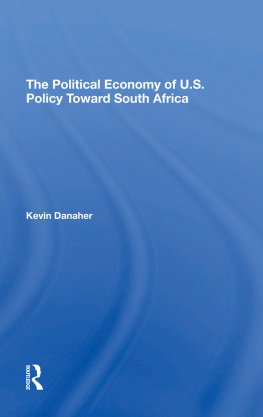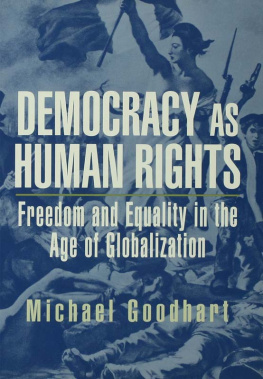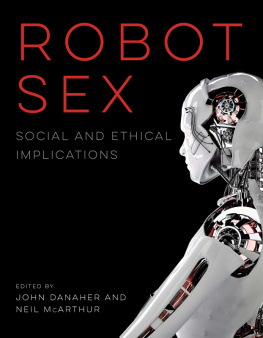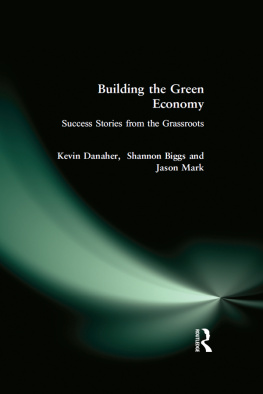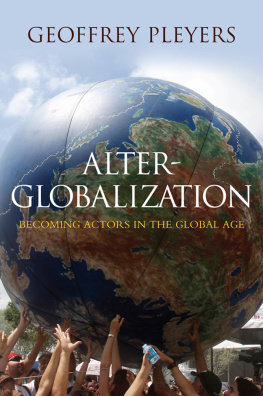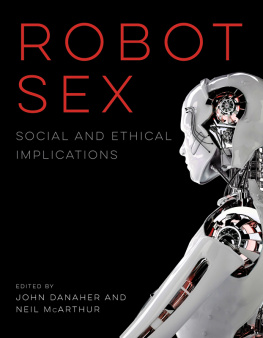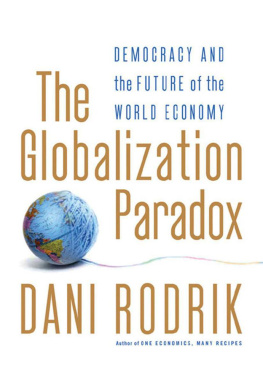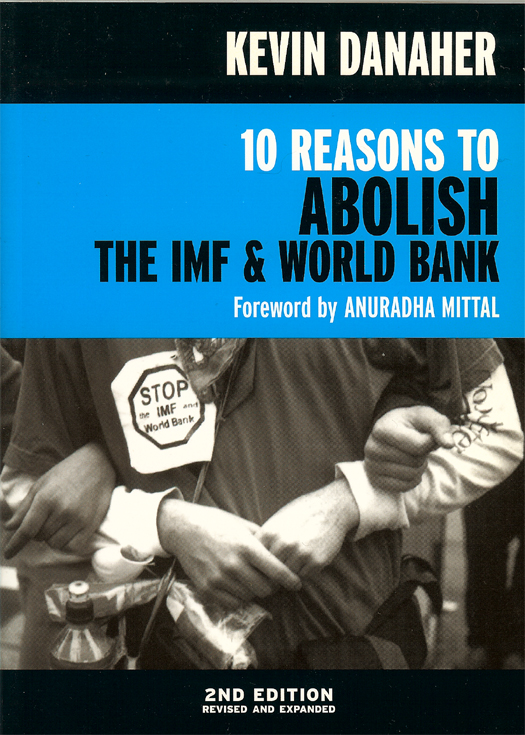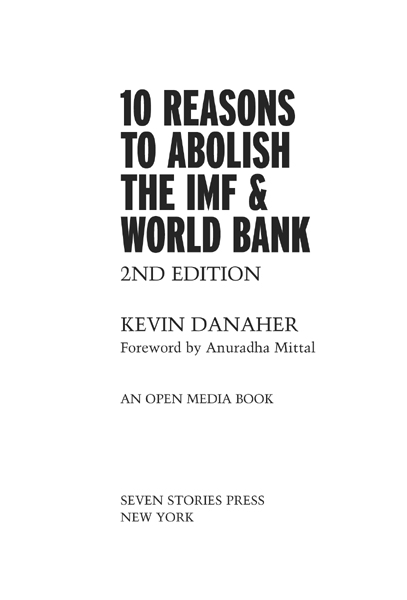Copyright 2001, 2004 by Global Exchange
Foreword 2001 by Anuradha Mittal
An Open Media Book
Series Editor Greg Ruggiero
All rights reserved. No part of this book may be reproduced, stored in a retrieval system, or transmitted in any form, by any means, including mechanical, electronic, photocopying, recording or otherwise, without the prior written permission of the publisher.
Seven Stories Press
140 Watts Street
New York, NY 10013
www.sevenstories.com
In Canada: Publishers Group Canada, 250A Carlton Street, Toronto, ON M5A-2L1
In the U.K.: Turnaround Publisher Services Ltd., Unit 3, Olympia Trading Estate, Coburg Road, Wood Green, London N22 6TZ
In Australia: Palgrave Macmillan, 627 Chapel Street, South Yarra VIC 3141
College professors may order examination copies of Seven Stories Press titles for a free six-month trial period. To order, visit www.sevenstories.com/textbook/, or fax on school letterhead to (212) 226-1411.
eISBN: 978-1-60980-152-6
COVER DESIGN: Greg Ruggiero
COVER PHOTO: A17, 1999, Washington, DC (Greg Ruggiero).
v3.1
CONTENTS
ACKNOWLEDGMENTS
THIS BOOK EVOLVED out of a public lecture I have delivered to many different audiences over the past twelve years. I would like to thank all the participants who raised questions, objections, and clarifications that added to the arguments contained herein.
My deepest thanks to my sisters and brothers at Global Exchange who make it fun to come to work every day. Special thanks to Greg Ruggiero at Seven Stories Press for a frictionless relationship working on this project.
This book is dedicated to sweet, tough, smart Maya, the best daughter any dad could ever have.
PREFACE
THE TRAGIC EVENTS of September 11, 2001 created a huge opportunity for the most conservative elements of the U.S. military-industrial complexand they seized it. Rather than mounting an immediate investigation into how the most expensive defense apparatus in human history could have been caught so off guard, the Bush administration used the attacks to launch an aggressive pre-existing agenda of imperialism abroad and undermine the Constitution at home.
The attacks on New York and Washington, and the Bush administrations belligerent response, have had disastrous consequences for the United States and the entire world. By unleashing mass violence on Afghanistan and Iraq, and giving Ariel Sharon a green light for his sustained assault on the Palestiniansnow positioned within the War on Terrorthe Bush administration is fostering more terrorism not less. This combination of increasing violence abroad and mounting repression at home is devouring much of what is best in American society.
Following the events of September 11, 2001, Americans were confronted with two basic options for defining these events: either as an act of war, or a crime against humanity. If we had defined the attack as a crime against humanity, the decision could have united us with the many, many countries that have been the victims of terrorism. But the Bush administration chose to elevate the would-be criminals to the status of warriors and define the attacks on U.S. civilians as war, thus couching our response in nationalist rhetoric and emphasizing our differences with the people of other nations.
It surpasses irony to realize that the most powerful nation in the world is inhabited by citizens who are apathetic and misinformed about international affairs. Sadly, Im reminded of the college student who, when asked, Are you ignorant, apathetic, or ambivalent? answered, I dont know, I dont care, either way. This willful ignorance by U.S. citizens has often been expensive for foreigners, especially the poor, who are most hurt by U.S. economic and military policies. But it is now obvious that Americans too may fall victim to U.S. foreign policy: witness the many young American soldiers from small towns who have died in Iraq and Afghanistancountries that they and their families knew little about. What percentage of Americans could find these countries on a blank world map? Shouldnt there be an international rule that you may not bomb a country if you cant locate it on a map? It is in this increasingly violent climate that I turn to a less decried but no less destructive part of our governments policy.
This book was conceived as an effort to educate the general public about the secret global government being constructed behind the backs of the citizens of the planet. If you think the phrase secret global government is too extreme, consider the following: (1) Ask people in your neighborhood or workplace to give you one sentence describing any of the global economys governing bodiesthe International Monetary Fund (IMF), the World Bank, and the World Trade Organization (WTO)and notice the vacant looks you get. If citizens know nothing of how a government operates in association with other governments, we must assume that the people in charge of national governments do nothing to alleviate this ignorance, and in some way benefit from it: it is in their interest to keep global governance secret; and further (2) These institutions are making rules for the entire globe, overriding national legislatures and the will of the people. They are creating a global government, and they intend to keep operating behind closed doors, if we allow them.
The World Bank and the IMF, along with the WTO, are making policy for the entire bouquet of humanity, but with only a monocropthe wealthysitting at the rule-making table. This monocrop bases its rule-making on money values rather than life values. It gives commerce priority over human rights and the environment.
This book argues for the democratization of global rule-making. Only when the diversity of the human family is represented at the rule-making table will we get policies that meet the needs of the vast majority, instead of those of a wealthy minority. And only when we give life values priority over money values will we be able to meet all social needs while saving the environment.
Issues of global governance were already gaining prominence in the 1990s. In 1993, there was heated debate and much popular mobilization against NAFTA (the North American Free Trade Agreement), which lowered taxes and regulations on large companies in the United States, Canada, and Mexico, making it easier for them to do business in those three countries. On January 1, 1994, the day NAFTA went into effect, the Zapatista uprising in Chiapas, Mexico brought the worlds attention to the worsening plight of the states peasant farmers under the neoliberal free-market regime. The bold actions of the Zapatistas and the poetic voice of their Subcomandante Marcos stirred feelings of solidarity around the world and focused attention on the global economic dictatorship that masquerades as the brokers of free trade agreements.
By late 1999 many people from diverse backgrounds were sufficiently wary of the World Trade Organization to mobilize by the tens of thousands in Seattle to stop its attempt to launch a new round of secretive negotiations. Vivid images of police in Darth Vader outfits attacking nonviolent demonstrators helped to galvanize global opposition to the neoliberal agenda of corporate empowerment. From then on, meetings of the transnational eliteswhether they were negotiations of the World Bank, or the Group of Eight industrial countries (G-8), or the Free Trade Area of the Americas (FTAA)were besieged by thousands of protesters turning formerly secretive meetings into frontpage news.


